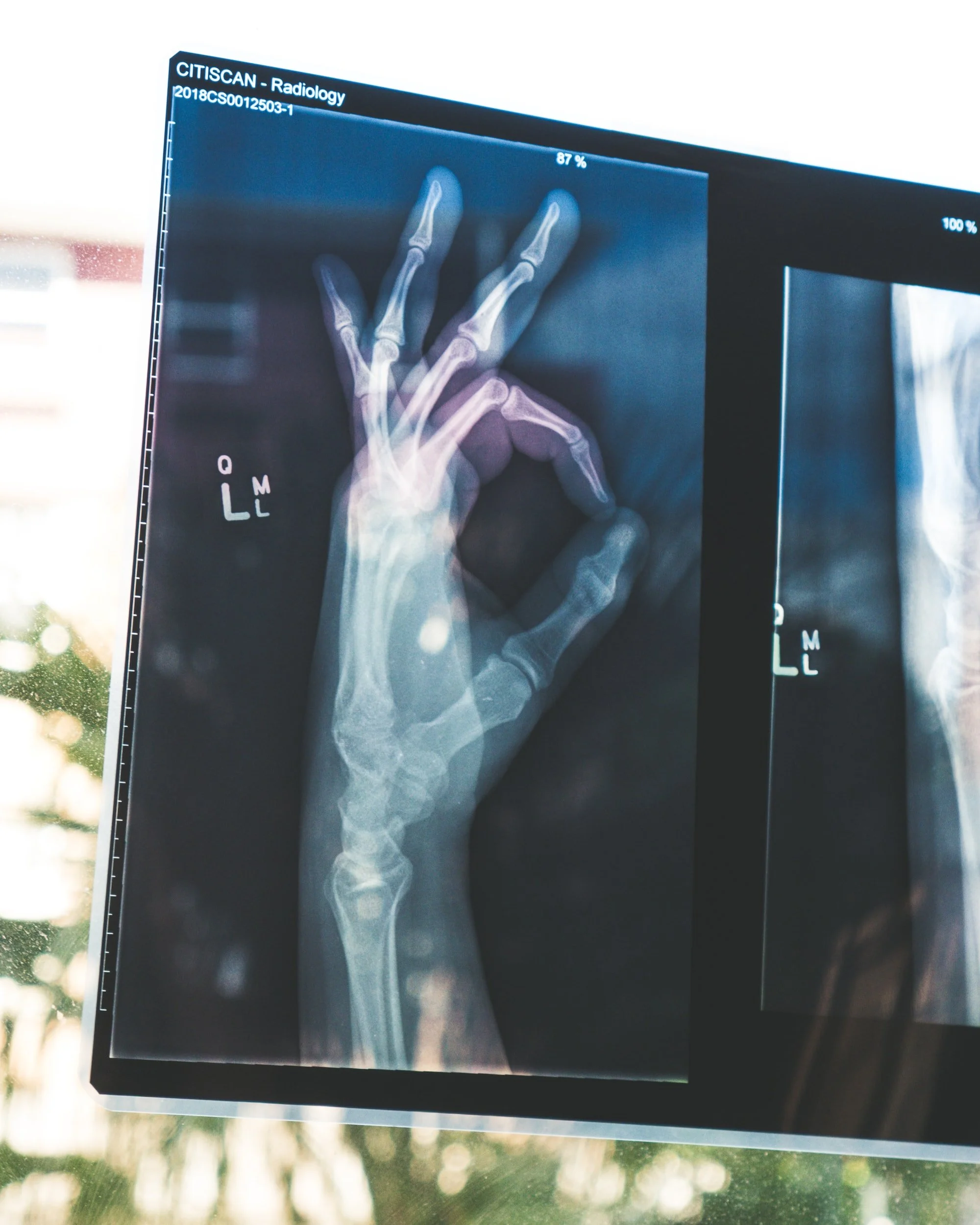The Importance Of ECG And EEG Tests In Monitoring Health
By PAGE Editor
Electrocardiography (ECG) and electroencephalography (EEG) tests are important tools for tracking and monitoring the health of the heart and brain. These tests measure electrical signals sent by the heart and brain to detect abnormalities, including heart rate, rhythm, and electrical activity in the brain.
By understanding the importance of these tests, it is possible to ensure the best possible health with Seer Medical's ECG-EEG test uses advanced sensors to record both signals simultaneously, providing doctors with a wealth of information about the patient's neurological health. In this blog post, we will discuss the most important reasons why ECG and EEG tests are essential for monitoring health.
To Check for Heart Arrhythmias
ECG and EEG tests are important for monitoring heart arrhythmias. An ECG measures the electrical activity of the heart, while an EEG measures the electrical activity of the brain. These tests can help identify any abnormal rhythms, or arrhythmias, in the heart and detect the cause. With early detection, a doctor can take steps to prevent further complications or even death.
To Check for Heart Disease
Electrocardiogram tests are important for monitoring heart health. This can detect irregular heartbeats and other potential signs of heart disease such as arrhythmias. It also helps to detect heart muscle damage or enlargement that could be the result of a heart attack or coronary artery disease.
Once you understand the connection between heart failure and increasing fatigue, you'll realize how important it is to keep an eye on your heart frequently.
It is important to have regular ECG tests to detect any issues related to the heart before they become serious.
Heart issues need to be taken very seriously and acted upon as soon as they are detected. In emergencies, an ECG can be done quickly and easily to identify any abnormalities in the heart's electrical activity. It's good to know what happens when your defibrillator shocks you to be prepared for such emergencies. Early detection and treatment of heart disease can help prevent more serious complications, including heart failure and stroke.
To Check for Brain Activity
Electroencephalograms is used to measure electrical activity in the brain. EEGs can be used to detect seizures, brain abnormalities, and other neurological disorders. EEGs also help medical professionals determine whether a patient is suffering from an emotional or psychiatric condition. In addition, EEGs can be used to assess the effects of certain medications on the brain.
Patients from all over Texas like to check out these memory care services in Dallas where EEGs and other advanced diagnostic tools are utilized to monitor and enhance cognitive health. These facilities provide personalized care plans tailored to each individual's neurological needs.
To Check for Seizure Disorder
ECG and EEG tests are important tools in monitoring and diagnosing potential seizure disorders. An EEG records the electrical activity in the brain, while an ECG records the heart rate and electrical activity of the heart.
By combining the information from both tests, doctors can detect any abnormal activity that may indicate the presence of a seizure disorder. A seizure disorder is often associated with a disorder of the nervous system such as epilepsy.
If a patient displays any signs of seizures, they should be immediately referred to a specialist for further investigation and treatment. An EEG can also be used to monitor a patient's response to anti-seizure medications, helping doctors determine the most effective course of treatment for the individual.
To Check for Stroke
A stroke is a life-threatening condition that occurs when the brain does not receive enough blood and oxygen. Electrocardiogram (ECG) and electroencephalogram (EEG) tests can help to detect signs of stroke, such as an abnormal heartbeat or irregular electrical activity in the brain.
An ECG can detect irregularities in the heart’s rhythm that can indicate a stroke, while an EEG can show changes in brain activity that can indicate a stroke. These tests are usually done in conjunction with other tests, such as imaging scans, to determine if a stroke has occurred.
To Check for Alzheimer's Disease
Alzheimer's disease is an irreversible, progressive brain disorder that slowly destroys memory and thinking skills, eventually leading to death. An Electroencephalogram (EEG) test is used to measure the electrical activity in the brain to detect any abnormalities associated with Alzheimer's disease.
An EEG is able to detect the presence of Beta-amyloid plaques and tangles, which are characteristic of Alzheimer's disease. Additionally, it can help identify the changes in brain wave patterns associated with Alzheimer's disease. The EEG can also be used to evaluate how well medications for Alzheimer's disease are working and to monitor for side effects.
To Check for Parkinson's Disease
Electroencephalography (EEG) and electrocardiography (ECG) are two tests that are used to monitor the health of a person. An EEG is a test that measures the electrical activity in the brain, while an ECG measures the electrical activity of the heart. Both tests can be used to detect abnormalities in a person's brain or heart activity.
One of the conditions that can be detected through these tests is Parkinson's disease. An EEG can detect changes in brain activity that may be indicative of Parkinson's disease, while an ECG can detect changes in the heart rate and rhythm that could be indicative of the disease.
Both tests are important tools in diagnosing and monitoring Parkinson's disease and ensuring that treatment is started as soon as possible.
To Check for Multiple Sclerosis
Electroencephalography (EEG) is often used to help diagnose multiple sclerosis (MS). This test measures the electrical activity in your brain, which can be affected by MS. EEG can help doctors determine if there is damage to your brain caused by the disease.
It can also help to detect any changes that occur over time as the disease progresses. The test is noninvasive and relatively quick and easy to administer. Additionally, it can be repeated as necessary to track changes in brain activity. An EEG test is an important tool for diagnosing and monitoring MS.
To Check for Dementia
ECG and EEG tests can be used to assess a person's cognitive functioning, helping detect signs of dementia in its early stages. An EEG measures the brain's electrical activity and can detect abnormalities that are associated with dementia.
The ECG test can also help identify changes in heart rate that may indicate early signs of dementia. Both tests provide a comprehensive picture of a patient's overall health, enabling doctors to make an accurate diagnosis and develop an effective treatment plan for those suffering from dementia.
To Check for Depression
Depression is a common disorder that affects many people and can have far-reaching effects on one’s physical and mental health. ECG and EEG tests can help to detect depression by measuring electrical activity in the brain.
EEG tests are usually used to measure changes in the brain’s electrical activity when the patient is not responding to stimuli or when they are at rest. Changes in brainwave patterns can indicate an abnormal pattern, which may indicate depression.
In addition, ECG tests can be used to detect signs of depression by measuring changes in heart rate variability, which is indicative of a person’s level of stress. By monitoring both types of tests, medical professionals can determine whether a patient is suffering from depression or other mental health issues.
Conclusion
ECG and EEG tests are critical tools for monitoring health. Just like Seer Medical's ecg-eeg test is a groundbreaking diagnostic tool that combines the power of electroencephalography (EEG) and electrocardiography (ECG) to provide a more comprehensive evaluation of a patient's neurological and cardiac health. By accurately and efficiently detecting abnormalities in heart rhythm and brain activity. As such, it is important to take regular ECG and EEG tests to ensure that any underlying issues can be identified and treated as soon as possible. By doing so, you can help ensure your overall health and well-being.
HOW DO YOU FEEL ABOUT FASHION?
COMMENT OR TAKE OUR PAGE READER SURVEY
Featured











When investing in quartz countertops, choosing the right warranty and care package is just as important as selecting the color and finish.